
The adoption of some unprecedented measures supporting the COVID-19 fight, the commitment to achieving net zero emissions by 2050, and new records in the stock market are among the 10 most outstanding economic events of Vietnam in 2021. The following is the list selected by the Vietnam News Agency.

Lawmakers adopted Resolution on economic restructuring plan for the 2021-2025 period with 460 out of 465 approval votes during the ongoing second session of the 15th legislature in Hanoi on November 12.
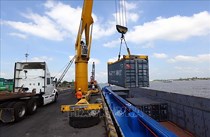
German financial newspaper Finanznachrichten ran an article on May 19 covering the upcoming election of deputies to the 15th National Assembly and People’s Councils at all levels for the 2021-2026 tenure as well as the COVID-19 situation in Vietnam, expressing a belief that the country is controlling its latest outbreak.

Prime Minister Pham Minh Chinh on May 5 presided over the Government’s April meeting, which was the first meeting of the Cabinet after it completed the personnel work last month.
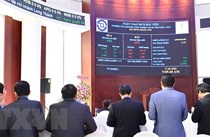
Vietnam’s stock market capitalisation on Ho Chi Minh Stock Exchange (HOSE) as of March 31 skyrocketed 93.56 percent year-on-year to more than 4.46 quadrillion VND (193.72 billion USD), HOSE said.
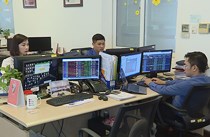
A stock market is one of the “thermometers” of a country’s economy, and last year Vietnam’s market saw many ups and downs but still made historic breakthroughs, creating a solid foundation for 2021.
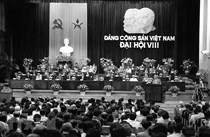
The eighth National Party Congress took place from June 28 to July 1, 1996 in Hanoi. Do Muoi was re-elected as Party General Secretary.
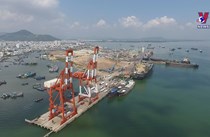
Vietnam among very few countries to post GDP growth rate of 2.5-3 percent, and the signing of the Regional Comprehensive Economic Partnership (RCEP) agreement in 2020 when Vietnam assumes ASEAN Chairmanship are among the top 10 domestic economic events in the year. The following are the ten outstanding events as selected by the Vietnam News Agency.
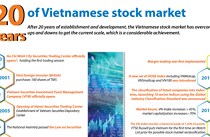
After 20 years of establishment and development, the Vietnamese stock market has overcome many ups and downs to get the current scale, which is a considerable achievement.
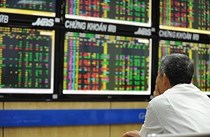
The Ho Chi Minh City Securities Center (the forerunner of the Ho Chi Minh City Stock Exchange, or HoSE) held its first trading session in July 2000, marking the birth of Vietnam’s securities market. Two decades later, the market has affirmed its role as an effective capital mobilising channel for the economy, contributing significantly to the equitisation of State-owned enterprises (SOEs) and aimi